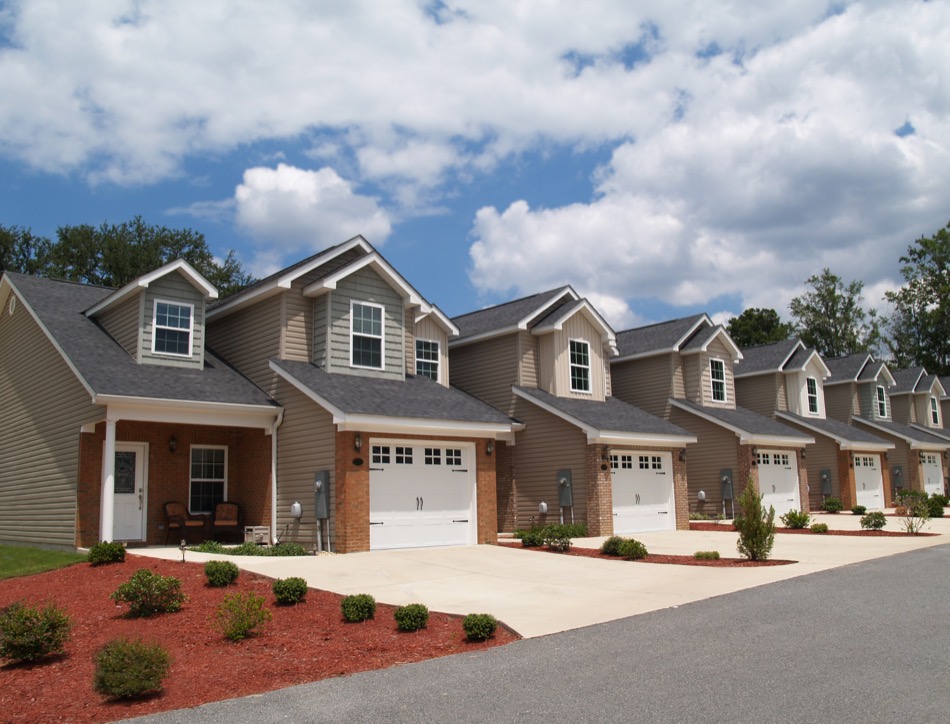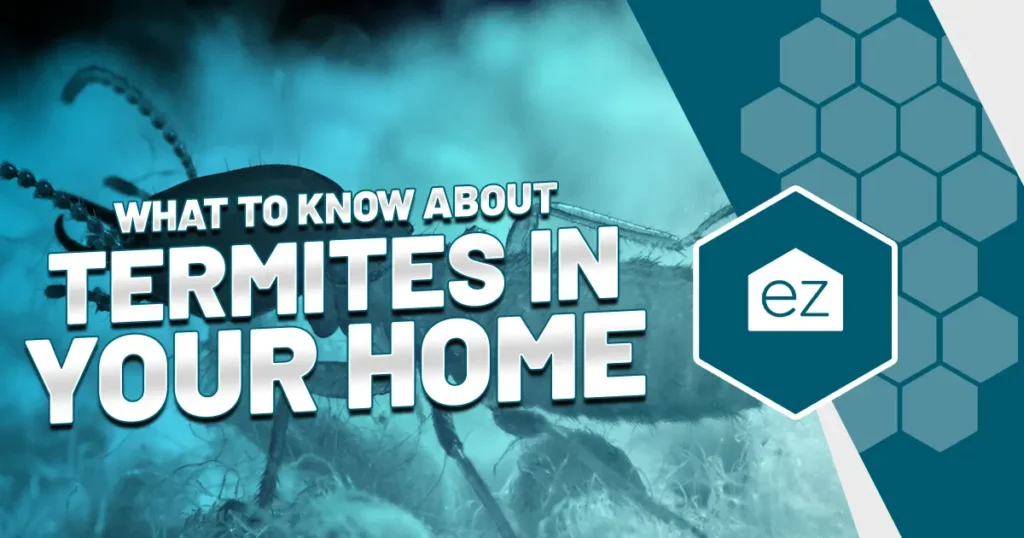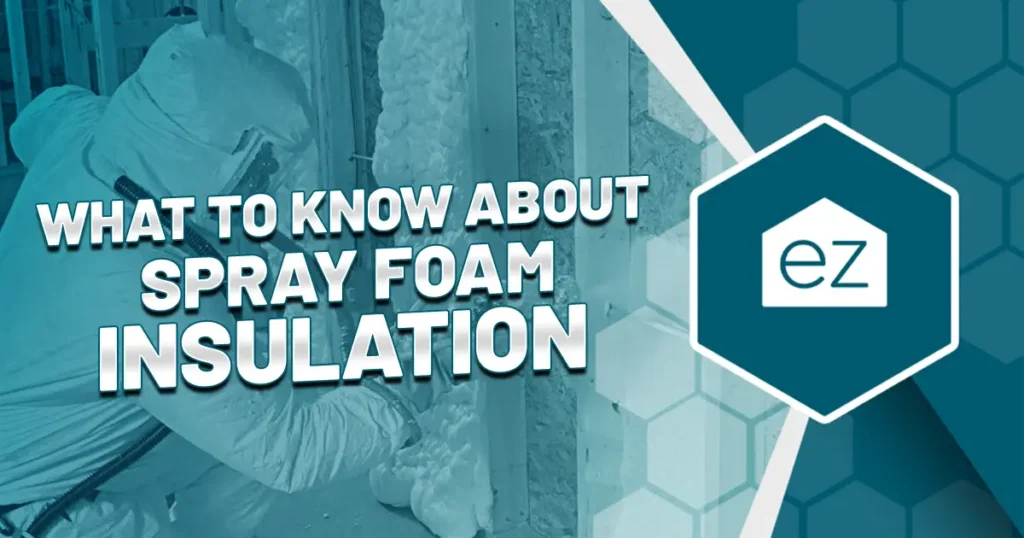3 Things to Know About Buying A Condo
 Living in a condominium is a great choice for many people. Condos are often seen as the mid-point between single-family homes and apartments because they offer the best features of both housing types. However, no one should leap into buying a condo without knowing all the facts. Owning a condo comes with caveats that home buyers need to know before committing to purchasing one. Here are some of the most important things to consider about purchasing and owning a condo before signing on the dotted line.
Living in a condominium is a great choice for many people. Condos are often seen as the mid-point between single-family homes and apartments because they offer the best features of both housing types. However, no one should leap into buying a condo without knowing all the facts. Owning a condo comes with caveats that home buyers need to know before committing to purchasing one. Here are some of the most important things to consider about purchasing and owning a condo before signing on the dotted line.
For informational purposes only. Always consult with a licensed real estate professional before proceeding with any real estate transaction.
Homeowners Only Own the Home
One of the many reasons people love single-family homes is that they own both their home and the property it’s built on. With condos, the homeowner only owns their unit or fractional share of the building, while the condominium association owns the property grounds and common areas. The condo owner can buy (and eventually sell) their condo as if it were a single-family home, with the only difference being that the property will not be part of the sale. Some condominium associations allow condo owners to do their own gardening if they choose to, so they can customize their home’s landscaping and boost their home’s curb appeal. What you can do varies widely depending on the homeowners’ association; some condo associations restrict the plot size, the chosen plants, and even the lawn decor.
Condos Are Part of a Homeowners Association
Like some single-family home neighborhoods have a homeowners association (HOA), all condos are part of their own HOA. It’s the HOA’s job to collect association fees from the households in the neighborhood, most commonly once per month. Typical HOA fees can be $200-$300 per month, but this does vary depending on the development. A condo HOA uses these fees to pay for various costs on behalf of all the people living in the neighborhood–common area lawn care, new roofs for buildings, a community pool, snow removal, and so on. These HOAs often have rules that owners must follow, such as:
- where homeowners are allowed to park
- how many cars per unit
- what is displayed in windows
- the types of animals that can be kept as pets.
Prospective buyers should always ask to read through an HOA’s rules before purchasing a condo. Note: condo associations must let all potential buyers read the bylaws and covenants and see financial documents. Do not close on the home without reading these!
Condos Appreciate Slower
Many home buyers factor in appreciation when choosing which type of home to purchase. Appreciation refers to how a property’s value will increase over time. Especially if the buyer knows they want to sell the home one day for a profit, appreciation matters. On average, condos appreciate slightly slower than single-family homes do. This difference can be partially attributed to the lack of ownership of the property the home is built on. Another is that buyers factor in they’ll be paying condo association fees each month and don’t want to pay more for the property. However, every condo and single-family home situation is different. One condo may appreciate a lot faster than another. As this article shows, condos can and have appreciated faster than single-family homes in specific markets.
Choosing between a condo and a single-family home is a big decision. Both housing types have their advantages. Buying a condo can be a great option as long as the buyer knows all the quirks of owning a condo before jumping in.
For informational purposes only. Always consult with a licensed real estate professional before proceeding with any real estate transaction.
Updated January 2024
Start Your Home Search
Preston Guyton
Share this Post
Related Articles
Buying a Home
What to Know About Termites In Your Home
Buying a Home
What to Know About Spray Foam Insulation
Buying a Home
5 Most Affordable Places to Buy a Home in Tennessee
Buying a Home





